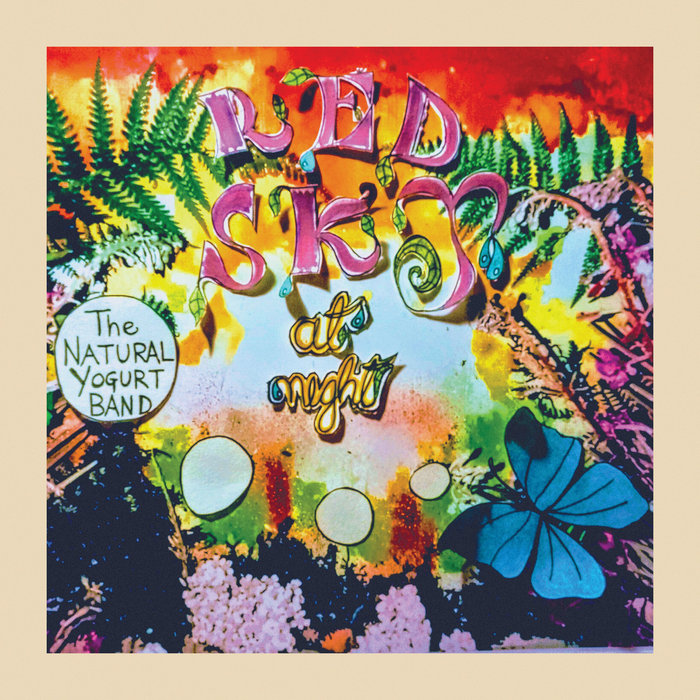
Empty House – The Natural Yogurt Band
this blog is GROOVY – check out great Soul, Funk, Jazz, Hip Hop, Bass, Breaks , Reggae, House n many more TUNES
Hey there, music lovers! 🎶 Today we’re diving into the quirky world of library music, a genre that’s as funky as it is fascinating. So grab your headphones and let me take you on a ride through rhythm, beats, and some downright hilarious anecdotes!
Library music, also known as production music or stock music, is the unsung hero of soundtracks. It’s like that hidden gem in your favorite record store—often overlooked but packed with talent! This genre consists of pre-recorded tracks made specifically for use in films, television shows, radio programs, and even online videos. Think of it as musical fast food – quick to serve up but often way tastier than you’d expect!
The whole library music scene kicked off in the late 1960s to early 1970s. As independent filmmakers and TV producers started looking for cost-effective ways to score their projects (because who wants to fork out big bucks for original compositions?), they turned to these ready-made tracks.
Labels like KPM, De Wolfe, and Chappell popped up like wildflowers in springtime. They employed talented composers who created catchy tunes ranging from jazzy numbers to eerie soundscapes—all available for licensing.
Now let’s meet some key players who jammed their way into this unique space:
Alan Hawkshaw: This guy was so busy recording library pieces that at one point he had over 200 tracks just hanging out there waiting for someone to pluck them up! And speaking of funny facts—did you know he once recorded an entire album called “The Funky Fanfare”? Now that’s what I call a party starter!
John Cameron: If you’ve heard groovy cues from “Hammer Horror” flicks or those iconic chase scenes on UK TV shows during the ‘70s, chances are John Cameron may have been behind the madness! It’s said he often wore mismatched socks because he believed they brought him luck while composing—a true fashionista rebel!
David Holmes: Fast forward to modern times where David Holmes rocked those sonic vibes in movies like Ocean’s Eleven. His ability to blend genres has made him a contemporary master; oh—he even showed us all how cool using Kawaii stickers can be when he’s brainstorming ideas!
One legendary aspect about library music? Its power moves beyond just typical film scores—it seeps into our everyday lives without us even knowing it!
Ever walked down an aisle at your local supermarket only to hear some slick jazz playing overhead? Yep—you guessed it; likely defrosted straight from a dusty old library catalog somewhere. Or think about those crazy viral videos on social media that somehow seem more epic with catchy background tunes—that’s production magic working its charm again.
And let’s not forget reality shows—they practically live off these joyous jams! Some folks might not realize they’re bopping along with tracks cut decades ago while watching contestants cook spaghetti under pressure or build homes outta nothing but sheer determination… talk about nostalgia vibes paired with chaos!
Now let me hit you with some chuckle-worthy moments from within our beloved library genre:
Back in ’77, session musicians frequently pulled goofy pranks by swapping instruments mid-take—and then pretending nothing happened🥁🎷 Can you imagine trying hard not laughing during recording?!
There was that time when several British composers collaborated on an album titled “Space Adventures,” complete with intergalactic sounds—only later realizing half through it sounded suspiciously close enough resembling disco dance-offs 🌌💃🚀 Now THAT’S what I call serious cosmic fun!
Speaking Of weird albums…one specific label released hilariously themed records including Sounds For Borrowing Books which featured everything from rustling pages (yes!) alongside smooth elevator jazz!!! Picture this – people borrowing libraries only jigging down aisles until someone clears their throat 😂
Fast forward into today’s digital age—the appreciation grows stronger every day! Artists worldwide are rediscovering these golden nuggets hidden away in archives while reworking classics under labels supporting indie creators everywhere.
Popular platforms like YouTube see emerging content creators diving headfirst into this treasure trove too—from silent films remakes turning wildly strange matches featuring rhythmic beats making waves across TikTok trends 😜🎉 Fun fact alert—a popular track called “Funky Fanfare” recently became viral due largely thanks users singing along creating meme galore after its rediscovery months later!!!
So next time you’re flipping channels or binge-watching something new on streaming services remember—there’s probably a groovy little piece crafted long ago that’s subtly amplifying all moods around each plot twist loving life behind-the-scenes 🤩🌟
Whether it’s retro vibes echoing through classic cinema 🕺✨or quirky commercials injecting humor right when needed—you can bet good ol’ library music will keep doing what it does best; sneaking onto playlists unnoticed yet leaving everyone tapping feet subconsciously always craving beat after beat!! Rock on 🥳🎵

Empty House – The Natural Yogurt Band

Le Rêve – Lexx Remix – Pablo Color avec Liza Carrey
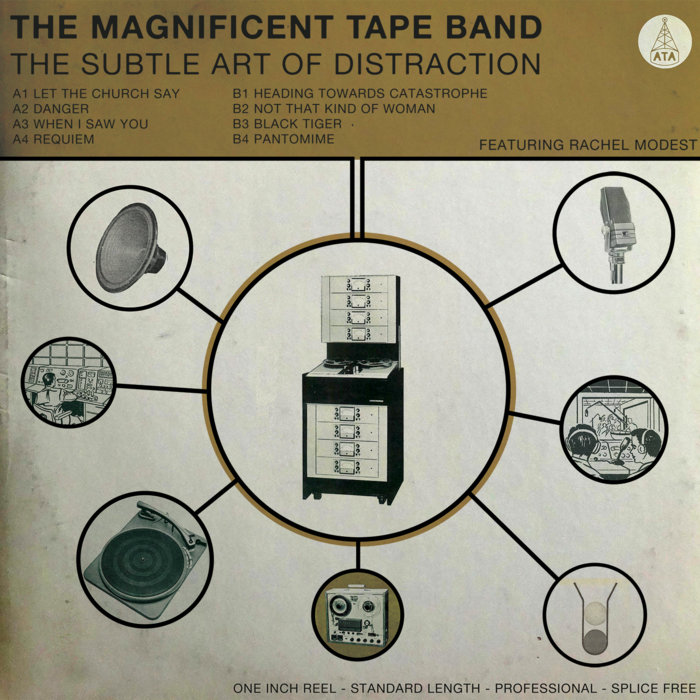
Not That Kind Of Woman – The Magnificent Tape Band

Cosmic Love – L O N O C E
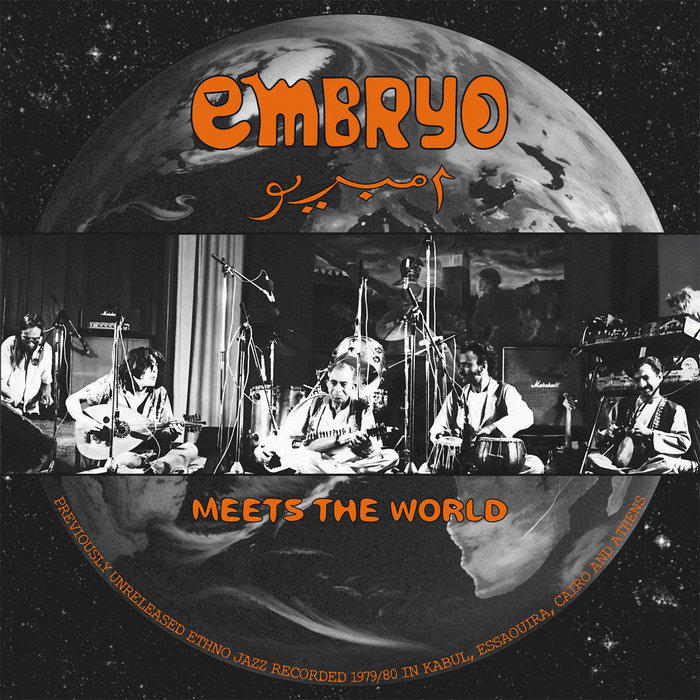
Eritrean Strut – Embryo
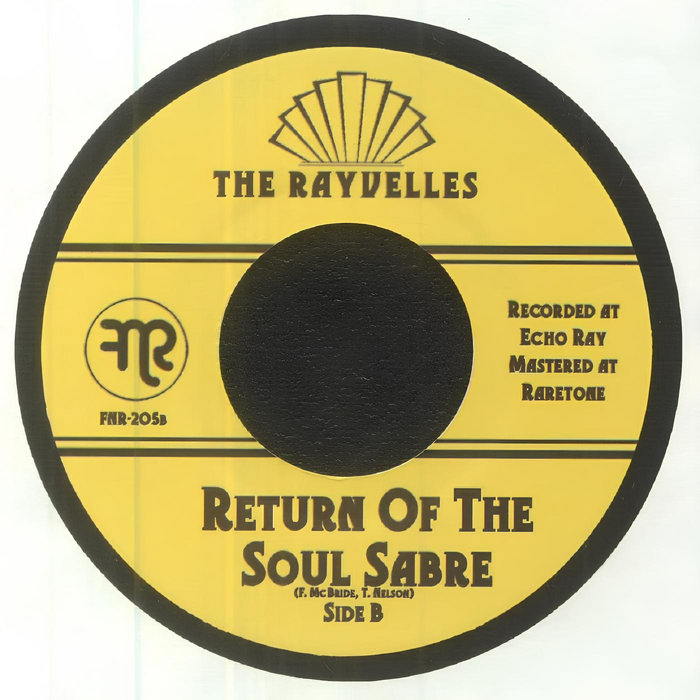
Return of the Soul Sabre – The Rayvelles
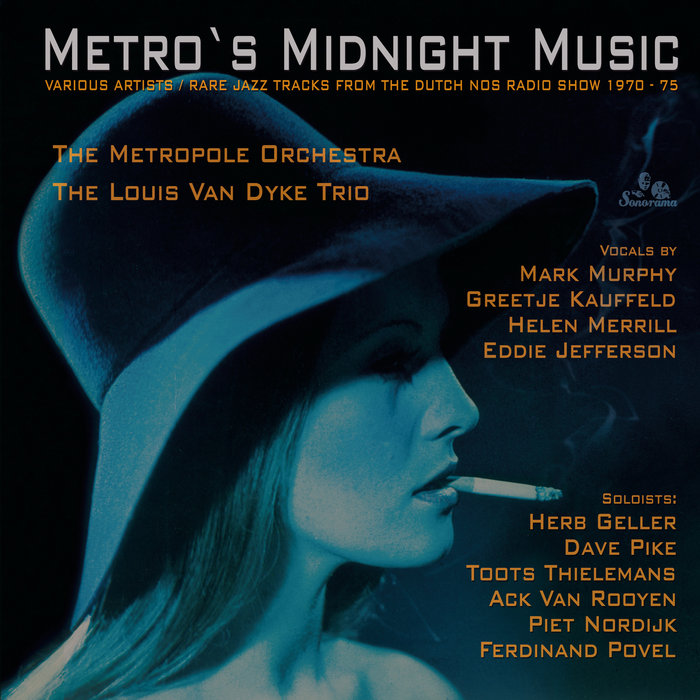
Children Of The Sun – Dave Pike & Louis Van Dyke Trio
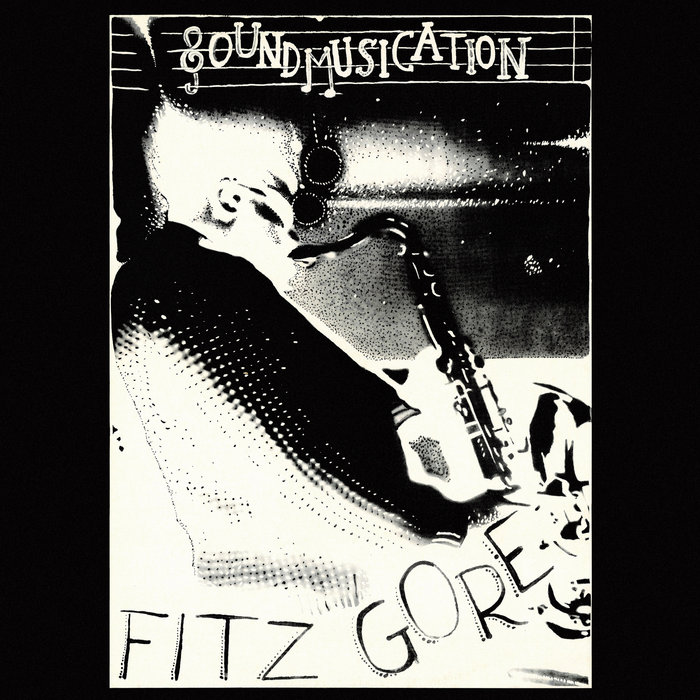
Gisela (Lion Rock) – Fitz Gore
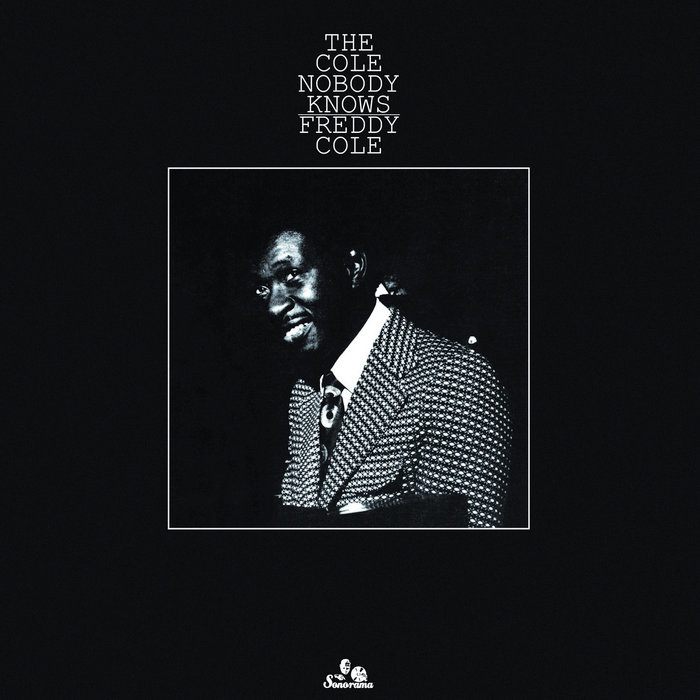
Brother Where Are You – Freddy Cole
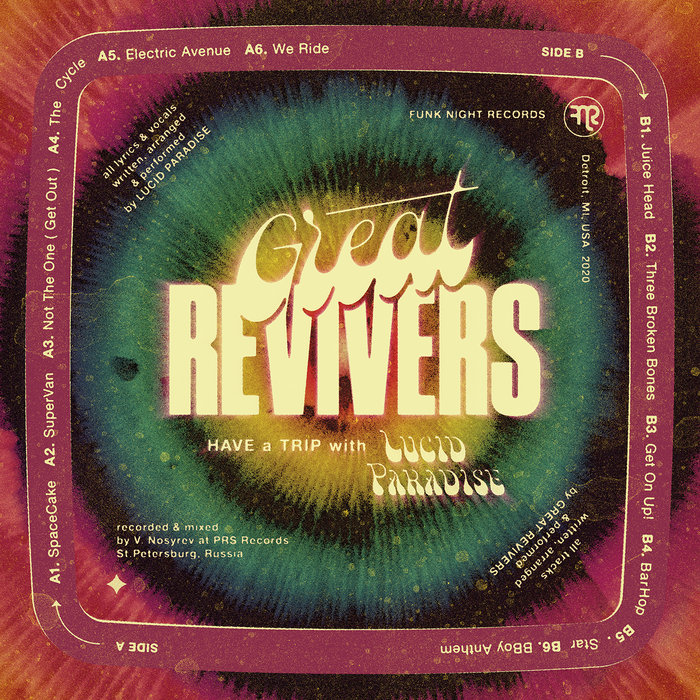
Not The One (Get Out) (feat. Lucid Paradise) – Great Revivers